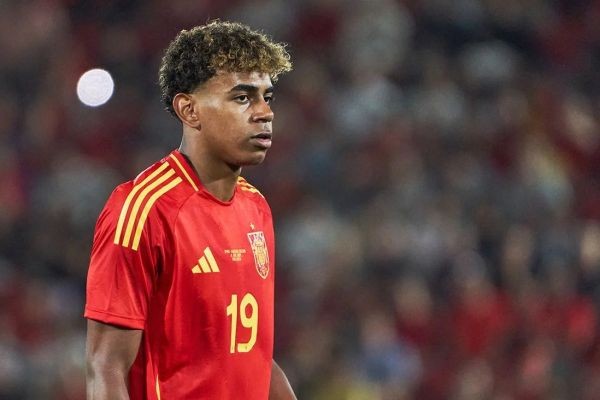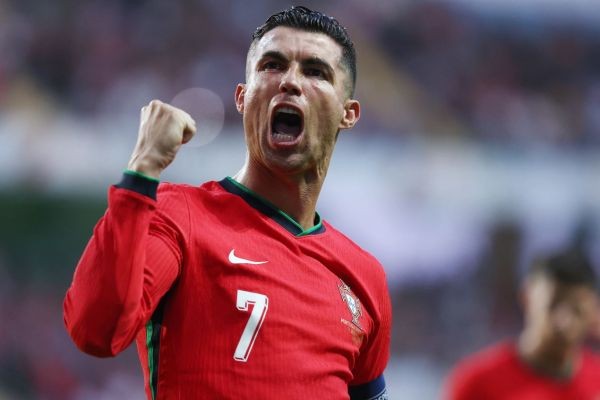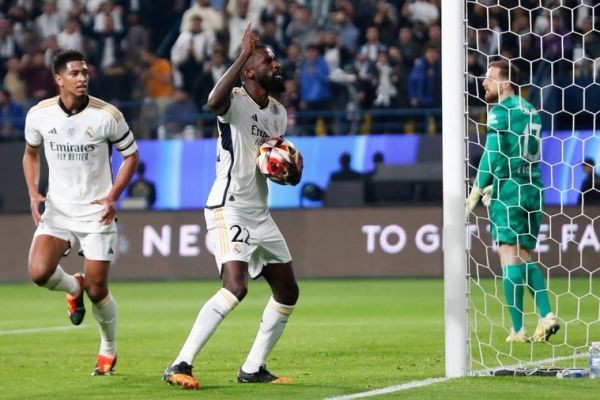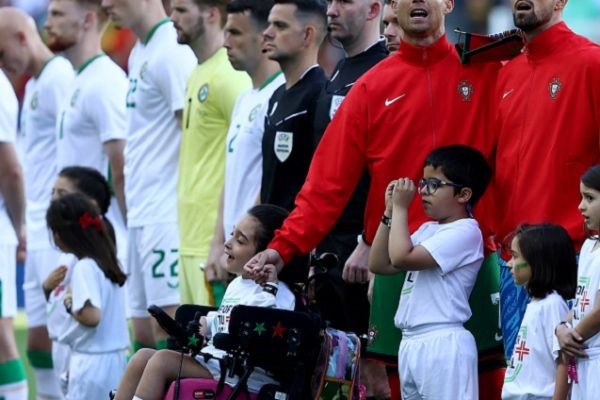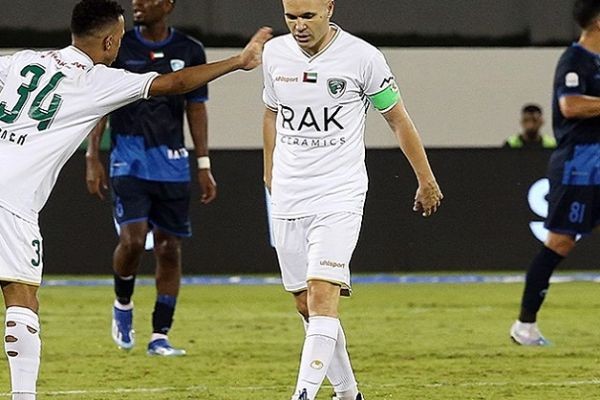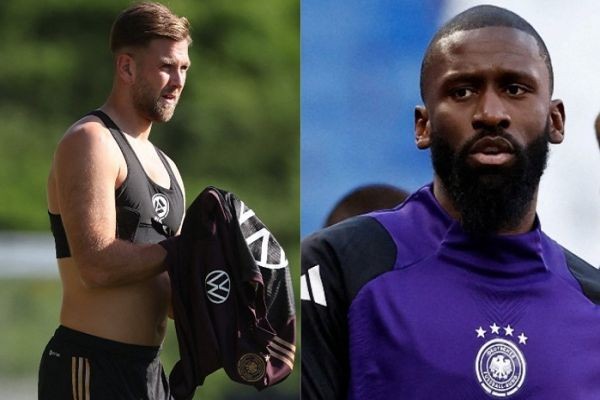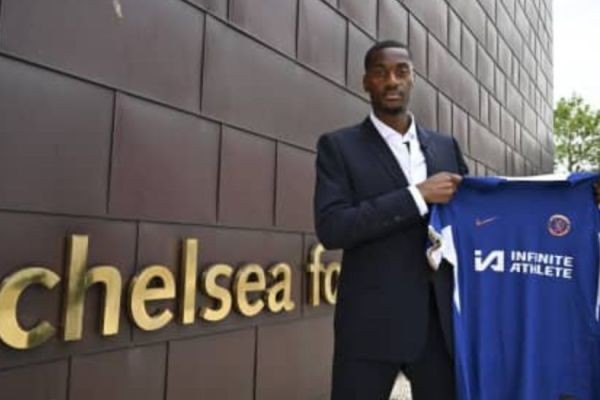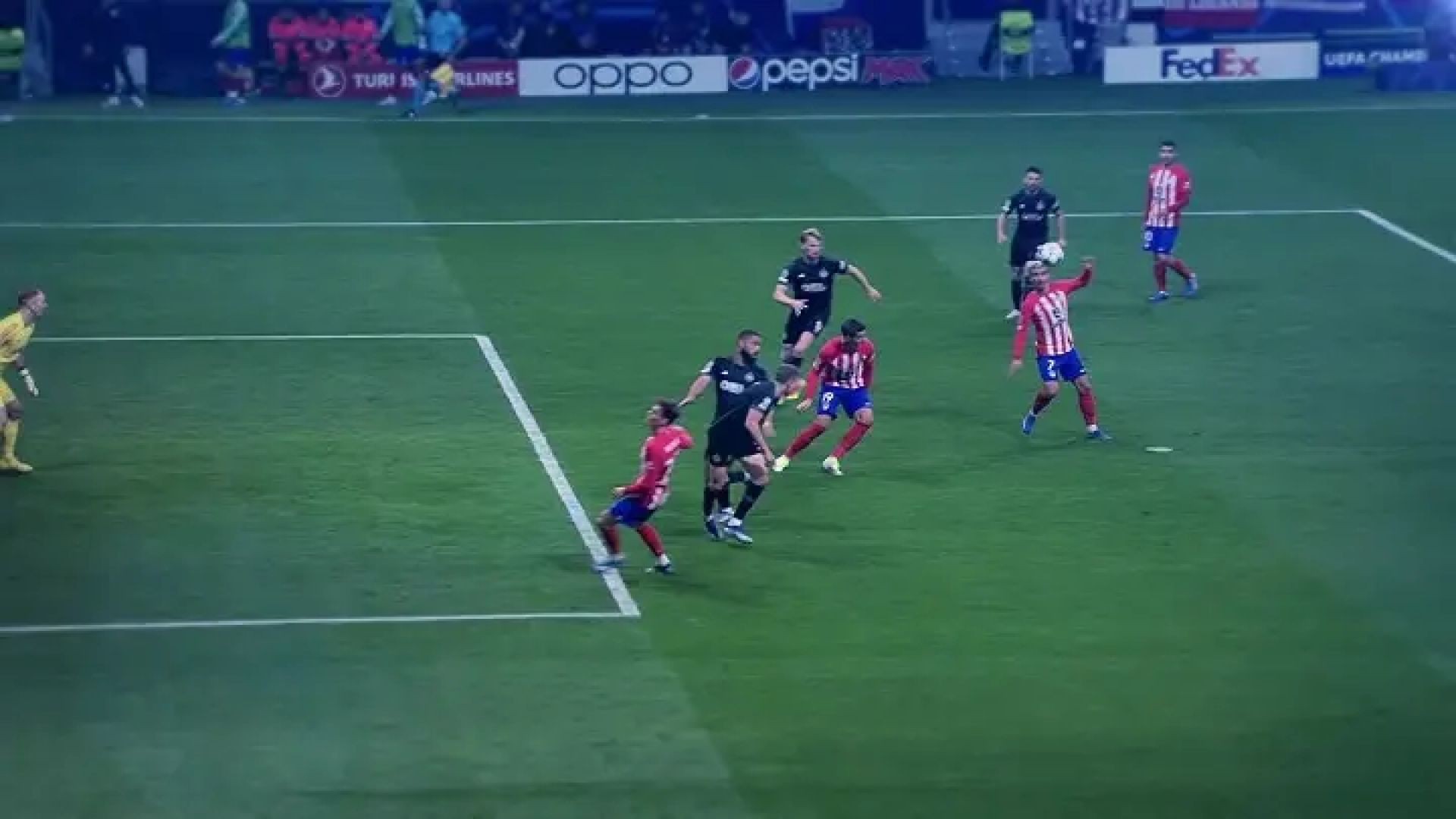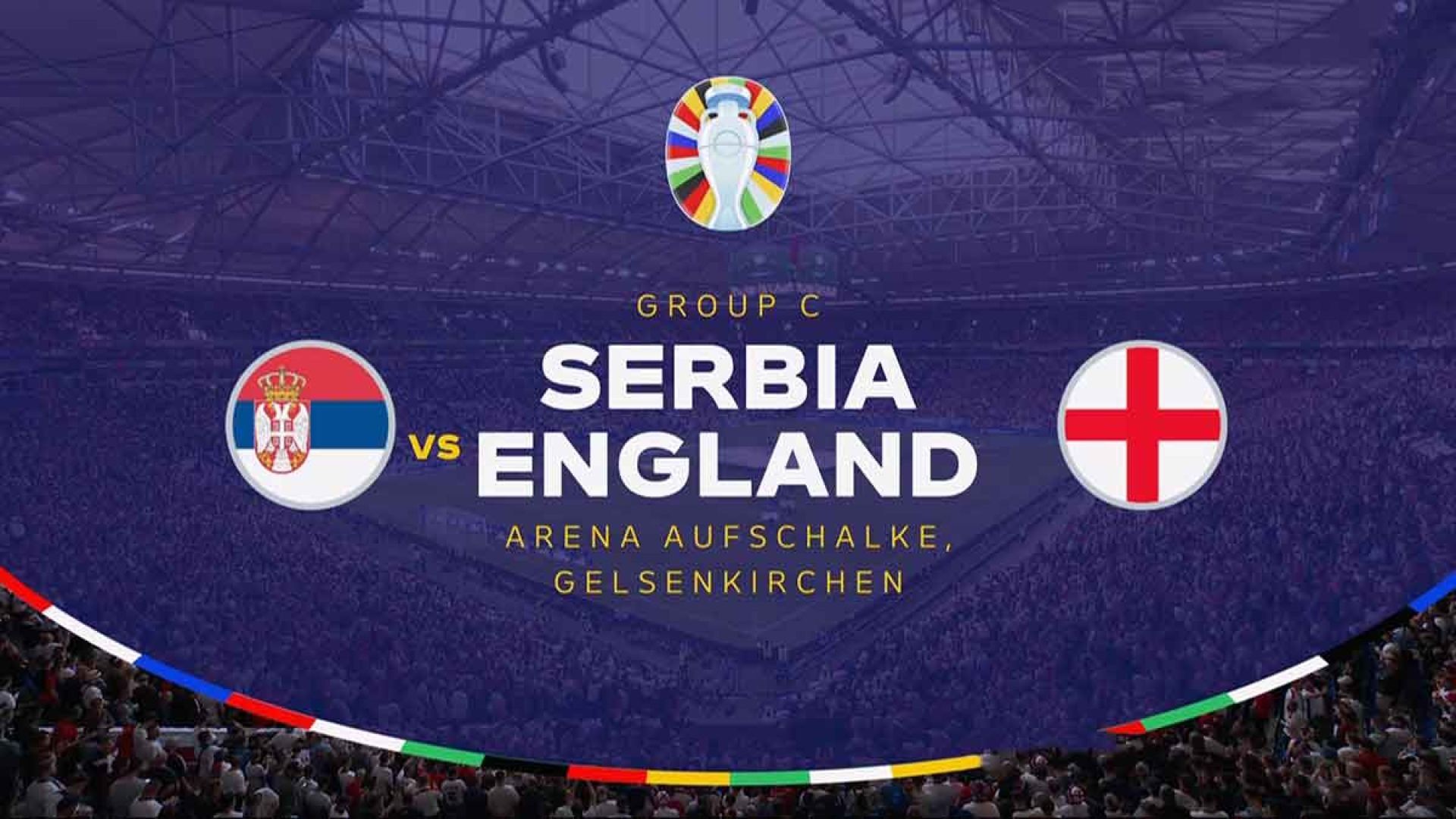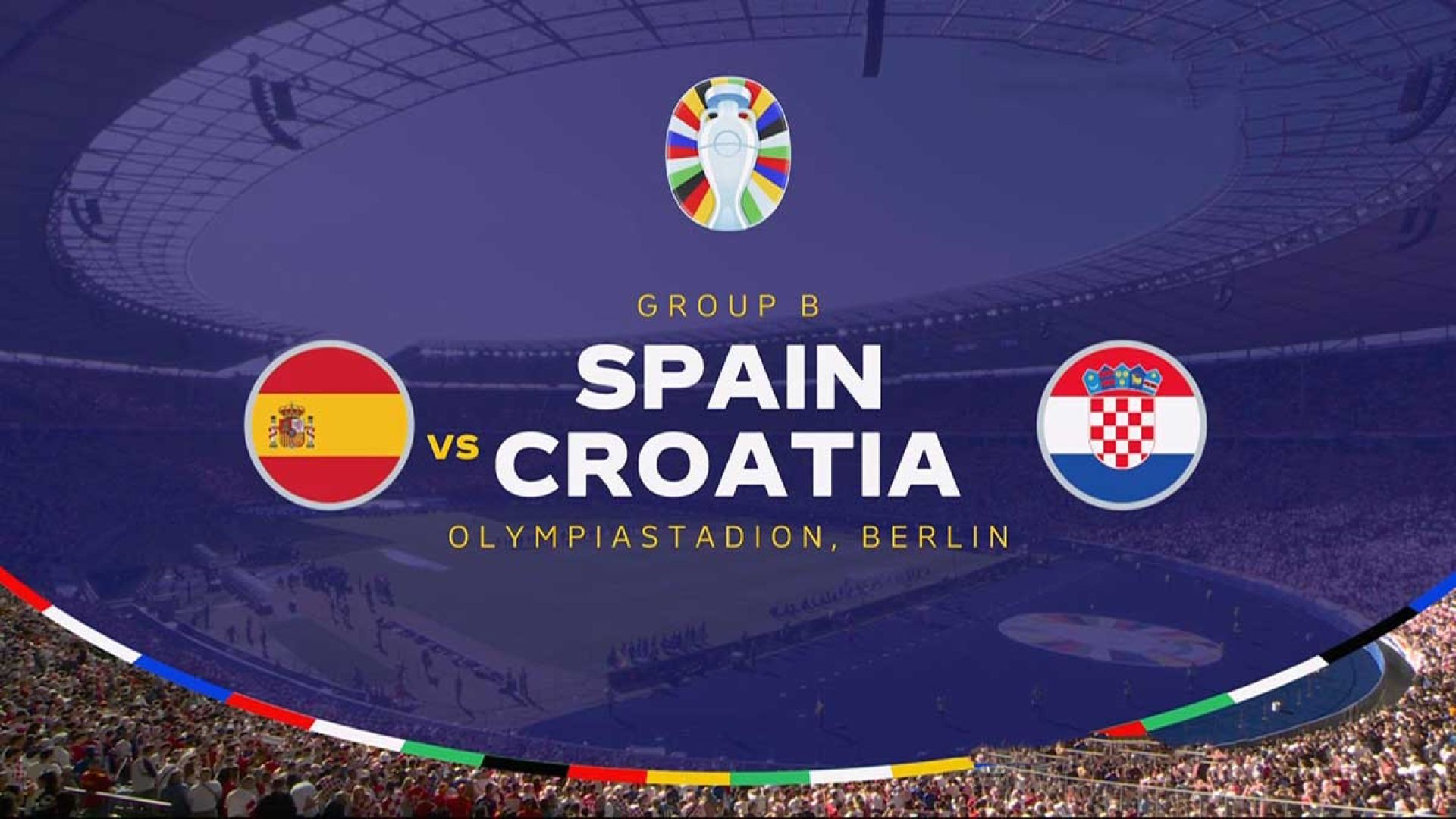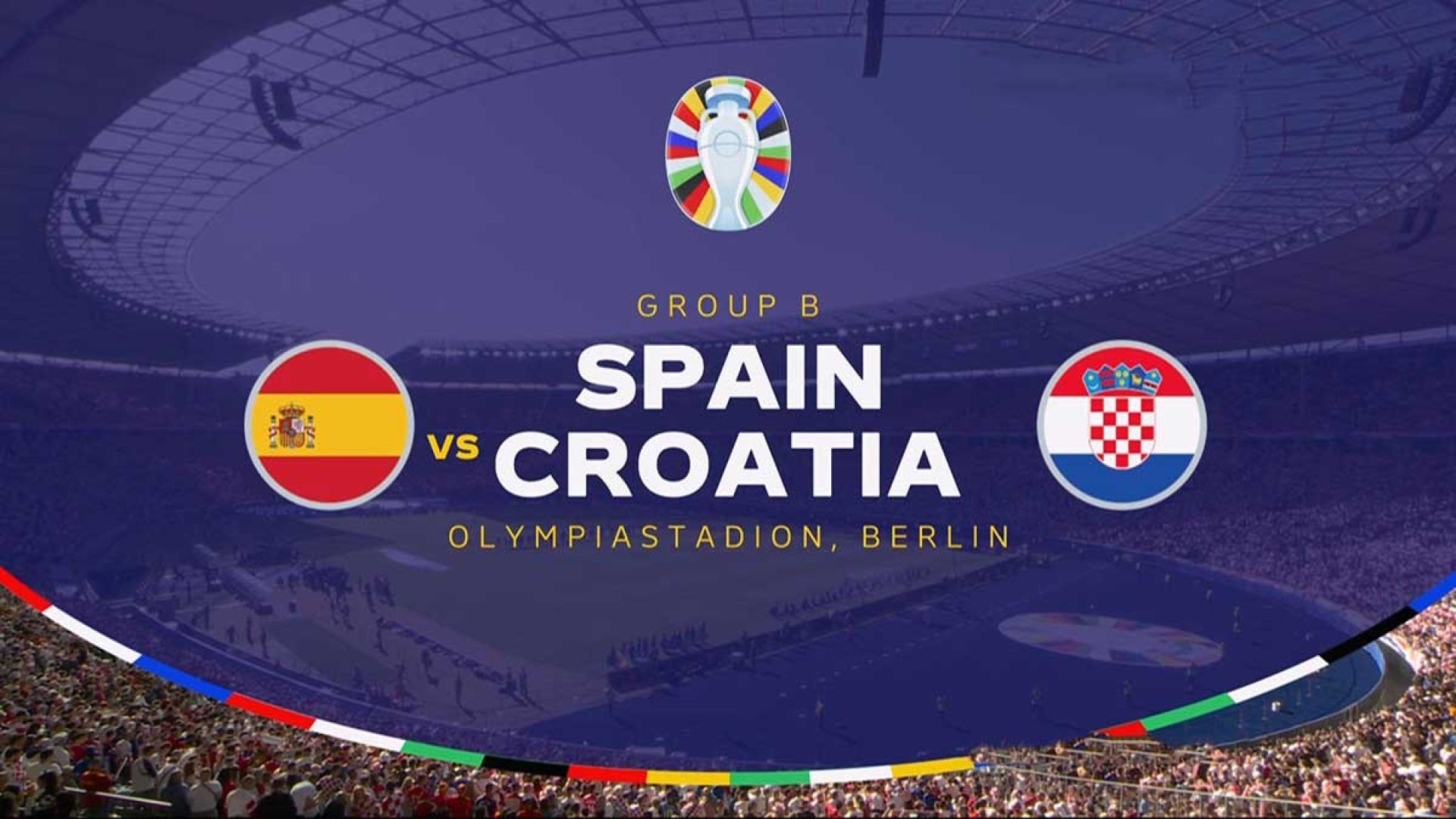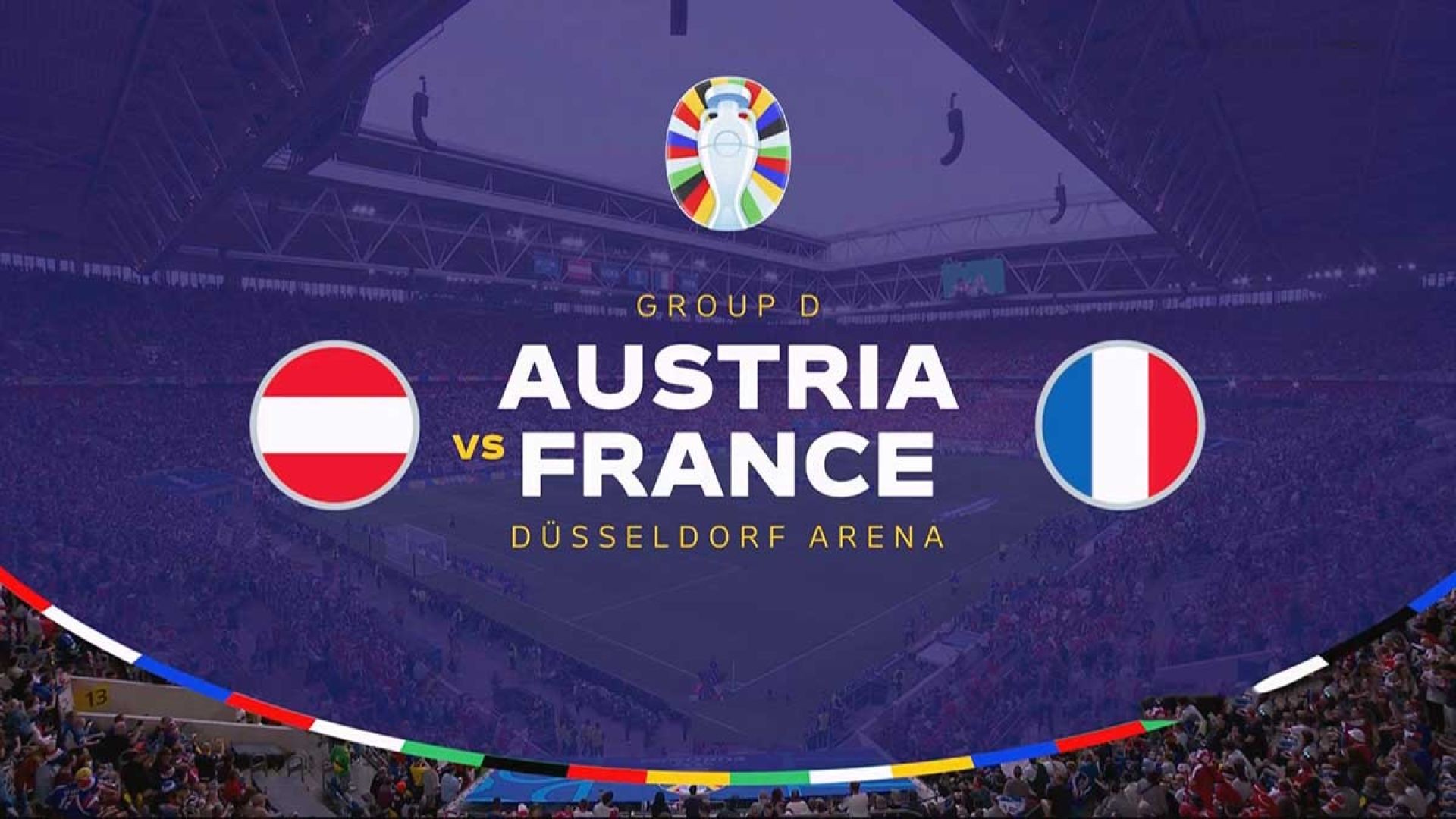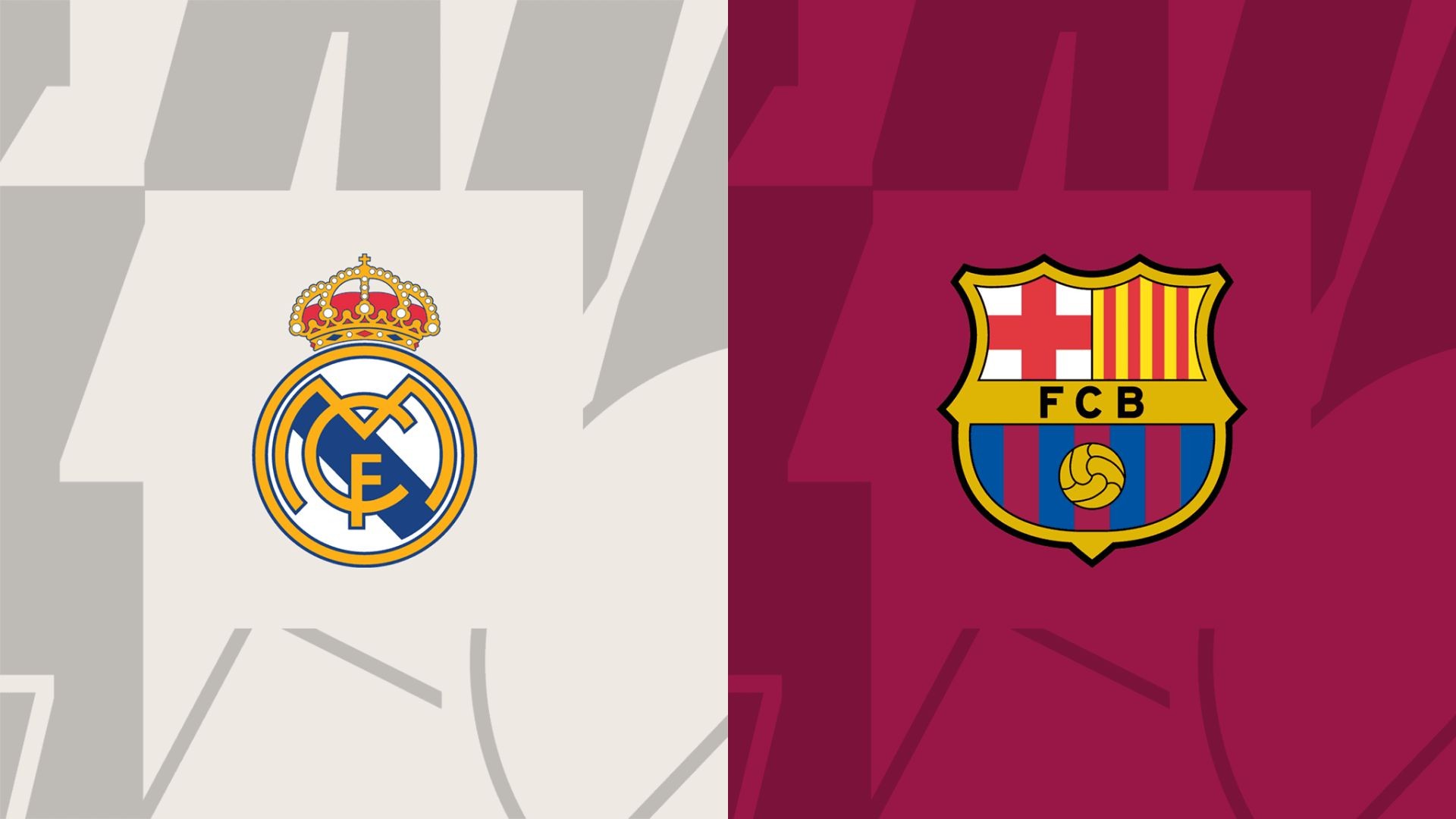The idea of the European Championship originated with Frenchman Henri Delaunay, who first spoke of it on February 5, 1927. However, it wasn't well-received at the time, as the football world was preoccupied with finalizing the first World Cup in Uruguay in 1930.
Delaunay's idea waited a long time until the continental federation (UEFA) was established in the 1950s. Fate had it that Delaunay passed away in 1955 before his idea came to fruition. However, his son Pierre, who succeeded him as Secretary-General of the French Federation, carried the torch and succeeded in convincing the Executive Committee of the European Union in its meeting in Cologne, Germany, in 1957 to adopt this championship.
Historian Paul Dietschy explains to Agence France-Presse, "The creation of the European Championship was the desire of Henri Delaunay, the Secretary-General of the French Federation, and his son Pierre after his father's death." The author of the book "History of Football" (2014) continued, "It was revenge against Jules Rimet, who received the title of godfather of the World Cup, while the idea was Delaunay's, who remained frustrated."
The European club cups had started in 1956, and their matches were followed by a large audience, sometimes exceeding 70,000 spectators in Lisbon, Madrid, Belgrade, and Milan. This greatly contributed to encouraging officials in European federations to launch a national team championship.
The president of the Danish European Union, Ebbe Schwartz, presented concrete steps to determine the start of the first championship, receiving encouragement, especially from the federations of Spain, Hungary, and Greece, which proposed that the championship be a knockout system starting in the fall of 1958.
Continental Division:
The British federations were not pleased with the idea, considering it a threat to the historic British Championship, and the German federation also opposed it.
In light of this situation, the European Union decided to study the matter in a conference it called for on June 28, 1957, in Copenhagen. Representatives from 26 federations affiliated with the European Union out of 29 participated in the conference, while representatives from Wales, Albania, and Iceland were absent.
A delegate committee from the European Union, consisting of Frenchman Pierre Delaunay, Hungarian Gustav Sebes, and Spaniard Agustin Pujol, presented a proposal for a single-match knockout system instead of a home-and-away system.
Fourteen federations voted in favor of this proposal: Czechoslovakia, France, Denmark, East Germany, Greece, Hungary, Luxembourg, Poland, Portugal, Romania, the Soviet Union, Spain, Turkey, and Yugoslavia. Seven federations opposed it: Belgium, Finland, the Netherlands, Italy, Norway, Switzerland, and West Germany. The federations of England, Northern Ireland, Scotland, the Republic of Ireland, and Sweden abstained from voting.
Soviet Triumph Led by Yashin:
After obtaining a majority of votes, the European Union decided to hold the championship once every four years, starting between 1958 and 1960.
The European Championship was officially launched on August 6, 1958, when the European Union drew the lots for the first rounds, and the cup was named after Henri Delaunay. It was agreed to hold the semi-finals and final in a group format, and France was chosen as the host country.
After the qualifying playoffs for the inaugural 1960 edition, Yugoslavia, France, the Soviet Union, and Czechoslovakia reached the semi-finals.
Yugoslavia defeated France 5-4 in an exciting match after trailing 1-4, scoring four goals in 24 minutes in the second half, and reached the final, where they faced the Soviet Union, who won 3-0 over Czechoslovakia.
The final match was held at the Parc des Princes in Paris on July 10 in front of 17,966 spectators. The Soviet Union, led by their famous goalkeeper Lev Yashin, needed extra time to overcome Yugoslavia 2-1. Slava Metreveli (49) and Viktor Ponedelnik (113) scored for the winner, after Milan Galic had given Yugoslavia the lead (43).
Ponedelnik said, "The goal in the 113th minute was the most important in my entire career."
Suarez Leads Spain's Orchestra:
The final rounds of the 1964 edition were held in Spain, and the host country succeeded in overcoming Hungary 2-1 in the semi-final after extra time, to meet the defending champion Soviet Union in the final, after their big win over Denmark 3-0.
The stands of the Santiago Bernabeu stadium were packed with 79,000 spectators in the final on June 21, including President Franco. Spain succeeded in winning its first international title at the senior national team level with a difficult 2-1 victory over the Soviet Union. Jesus Maria Pereda (6) and Marcelino (83) scored for the winner, and Galimzyan Khusainov (8) for the loser.
Pereda spoke about the importance of his teammate Luis Suarez, who was playing for Inter Milan, "We formed a good unit. We had Suarez to lead the orchestra. Then we had great players like Amancio and Marcelino, who was a natural goalscorer. It was a great team."
1968 Draw Smiles on Italy:
The European Union granted Italy the honor of hosting the final rounds of 1968. They needed a draw against the Soviet Union after a goalless tie to meet Yugoslavia in the final, who narrowly defeated England with a goal by Dragan Dzajic (86).
The match ended in a 1-1 draw between Italy and Yugoslavia in front of a large crowd at the Olympic Stadium in Rome, after a late goal for the hosts in the 80th minute by Angelo Domenghini. The match was replayed two days later at the same stadium, and the host won with a deserved 2-0 victory with goals from Luigi Riva (12) and Pietro Anastasi (31) to be crowned champions. Goalkeeper Dino Zoff described his team's performance as "perfect."
